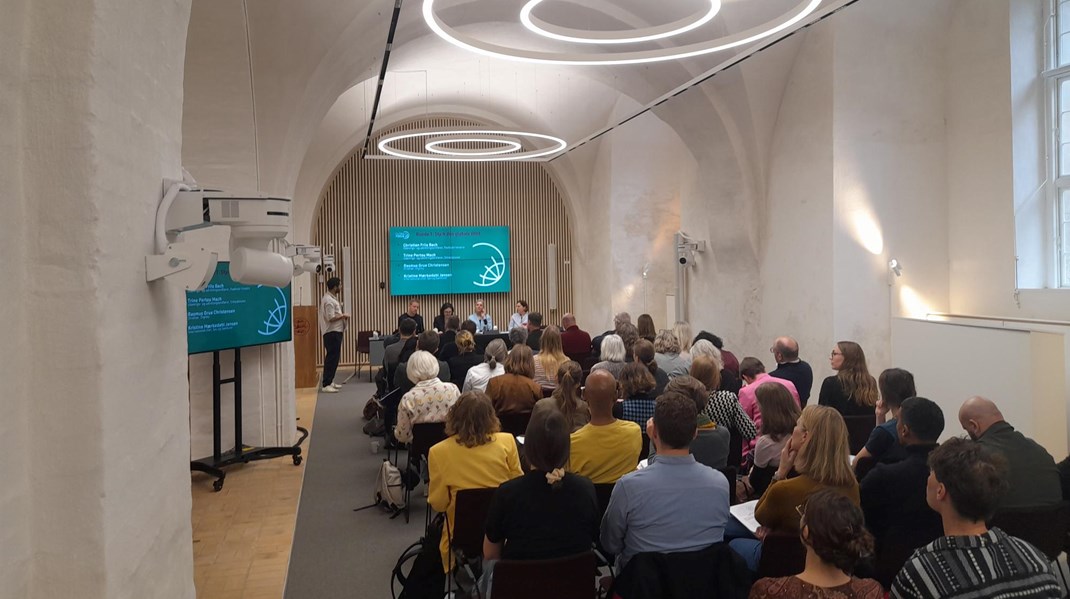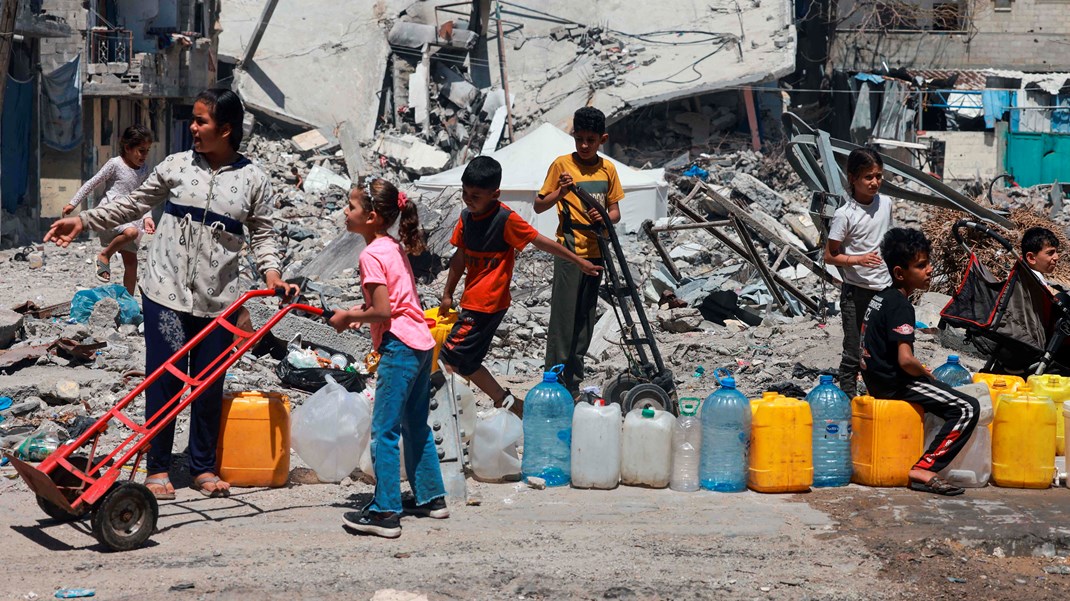EU renews calls for a humanitarian pause to allow aid into Aleppo
As conflict continues in the divided Syrian city of Aleppo and wounded civilians remained trapped without access to aid, High Representative/Vice-President Federica Mogherini and Commissioner Christos Stylianides issued a joint statement on the urgency for humanitarian aid to reach Aleppo.
"At the end of the humanitarian pause declared by Russia in Aleppo, no agreement has been reached on the medical evacuation of wounded civilians and the delivery of aid, in spite of continuous efforts by the EU, UN and all humanitarian actors on the ground.
There are thousands of people in need of urgent humanitarian assistance. On 21 October, the European Council invited us to continue pursuing the emergency humanitarian initiative. We therefore reiterate the urgency to allow humanitarian deliveries in parallel with the evacuation of the injured civilians, in accordance with international humanitarian law. This must be done while ensuring the safety and security of humanitarian and health care personnel during aid delivery and medical evacuation.
We call on the Syrian authorities and their allies to renew the humanitarian pause in Aleppo and to issue the facilitation letters to allow the inter-agency convoy as planned in the UN October aid delivery plan.
All parties must demonstrate unequivocally a genuine commitment to allow humanitarian aid operations to address the urgent needs of Syrian civilians and to provide safe and unhindered access to humanitarian organisations across the country. All Syrians in dire need, whoever they are, have the basic right to receive lifesaving assistance.
*All parties to the conflict should stop the shelling of civilian areas and medical structures in Aleppo city. Deliberate attacks against civilians, including humanitarian and health care personnel, and against civilian and medical infrastructure, are clear violations of international humanitarian law and may constitute war crimes.
There is no military solution to the Syrian civil war."*
Background
The Syria conflict has triggered the world's largest humanitarian crisis since World War II. There are an estimated 13.5 million people in need of humanitarian assistance inside Syria, with around 4.5 million in hard-to-reach and besieged areas.
The consequences of the conflict include the destruction of health infrastructure, leaving many without access to basic medical care. Medical facilities continue to be targeted by aerial bombardments, resulting in fatalities and destruction of facilities. Impeding the delivery of essential medical supplies, equipment and treatment, continues to be used as a weapon of war.
In 2016, EU humanitarian assistance totals €445 million. Almost half of this amount goes to immediate life-saving emergency humanitarian operations inside Syria. The Commission's humanitarian assistance provides safe drinking water, sanitation and hygiene, provisions of food, child protection activities and emergency items to Syrians.


